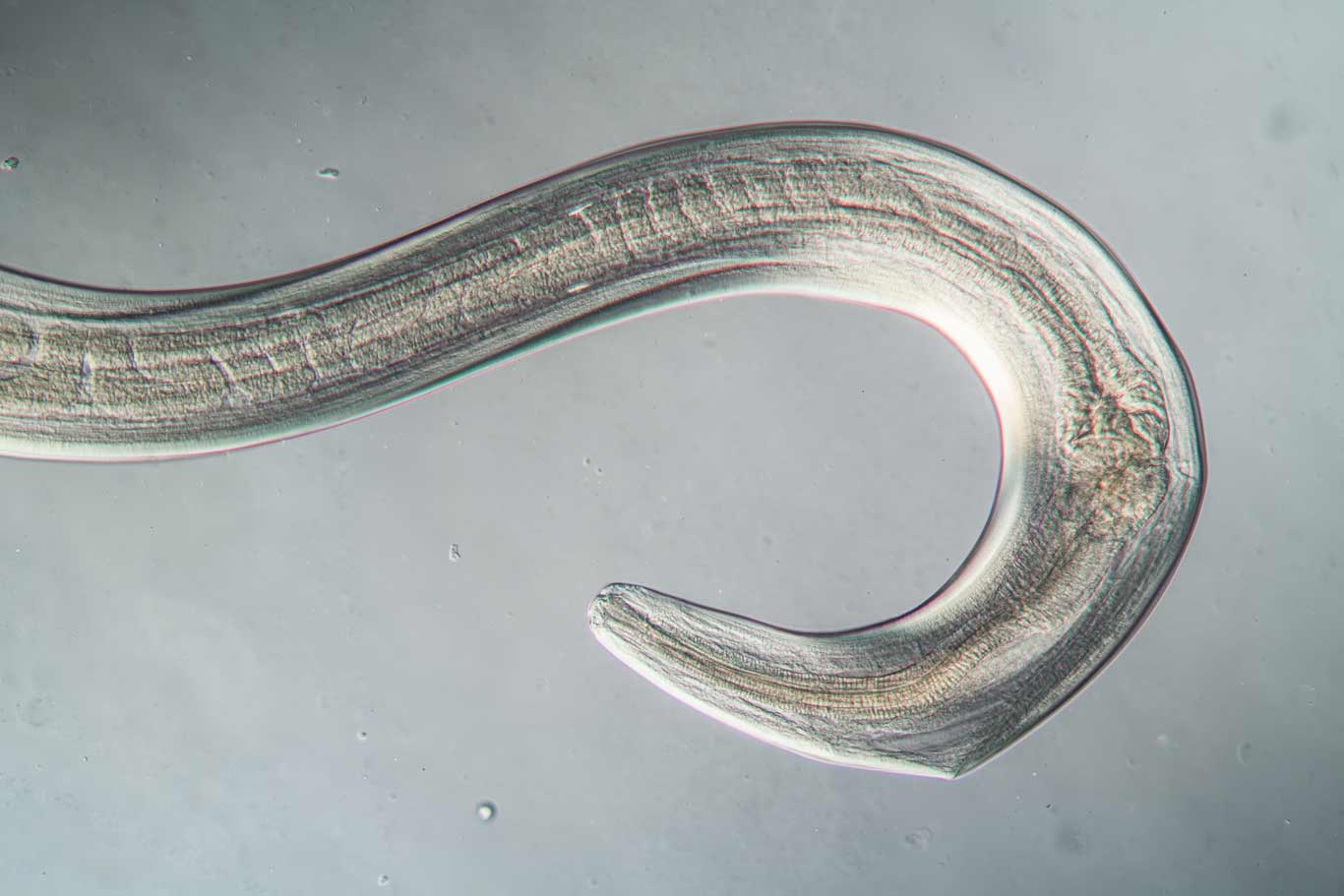In 2023, we continued our large cohort studies to better understand how exposure to different environmental factors over the life course can affect health outcomes.
Respiratory health
We published the first pan-European population-based study showing that adults with asthma are more likely to become obese compared to non-asthmatics (1). In another adult population cohort in Catalonia, long-term exposure to air pollution was associated with lower antibody responses to COVID-19 vaccines (2). A review of the lived experiences of older people or people with chronic conditions led us to conclude that walking is a complex and meaningful aspect of health and to propose a conceptual framework for patient-centred care and research (3).
Brain health
In a neuroimaging study of almost 300 schoolchildren in Barcelona, we provide evidence that exposure to road traffic noise accelerates the connectivity of the central auditory pathway, although the consequences remain to be determined (4).
Metabolic health and circadian rhythms
We showed that diet quality in adults is associated with chemical modifications in the DNA that can affect gene activity. Some of these epigenetic changes have been linked to cardiovascular disease (5). The number and timing of meals is also important: an early dinner and an early breakfast, combined with a longer overnight fast, may reduce the risk of cardiovascular disease, particularly in women (6). Finally, we found that aspartame and other artificial sweeteners may increase the risk of certain cancers in people with diabetes (7).
Chemical pollutants
We published the first study linking long-term exposure to nitrates in drinking water to prostate cancer (8). We also provided the first global assessment on trihalomethanes, a major water disinfection byproduct associated with adverse health effects (9). Our studies with endocrine disruptors revealed that prenatal exposure to these chemicals, which can be found in food and everyday products, is associated with accelerated weight gain from birth to the age of nine (10). Weight gain is also linked to air pollution: a large natural experiment in Catalonia showed that moving to more polluted areas was associated with an increase in BMI in young children (11). Finally, we reviewed evidence gaps on the carcinogenicity of 20 occupational agents identified as high priority by the International Agency for Research on Cancer (12). This review was selected by the EHP journal as one of the 12 favourites of 2023.
Radiation
The main results of the EPI-CT study were published, confirming an association between CT scans in young people and an increased risk of cancer, and highlighting the importance of continuing to apply radiation protection measures (13, 14). We also published the protocol for HARMONIC, an ongoing project to better understand the long-term health effects of medical radiation exposure in children treated for cancer or heart defects (15).
Newly funded projects
We coordinate or play a major role in several European projects that obtained funding this year, including the International Human Exposome Network (IHEN) Project, EndoMix (on the effects of endocrine disruptors on the immune system), INTERCAMBIO (to promote mental and physical health in the workplace), and eQuol (to develop e-health tools to improve the quality of life of young cancer survivors).
Connecting with society
Our researchers co-chaired the WHO Technical Advisory Group on occupational burden of disease estimation (TAG-OBoDE), chaired an ICRP task group on radiological protection in human biomedical research, and contributed to the IARC assessment of the carcinogenicity of aspartame. At the “Ageing towards walkable futures” workshop, we listened to the experiences of older adults to fully discuss the concept and implications of walking at older ages.
We also contributed to the development of a new software tool based on DNA methylation data which is currently being used in various Catalan hospitals to help in the diagnosis of rare diseases.
References
- Moitra S et al. Thorax.
- Kogevinas M et al. Environ Health Perspect.
- Delgado-Ortiz L et al. Age Ageing
- Martínez-Vilavella G et al. Environ Res.
- Domínguez-Barragán J et al. Eur J Prev Cardiol.
- Palomar-Cros A et al. Nat Commun.
- Palomar-Cros A et al. Cancer Epidemiol.
- Donat-Vargas C et al. Environ Health Perspect.
- Villanueva CM et al. Water Research.
- Montazeri P et al. Environ Health Perspect.
- Warkentin S et al. Environ Pollut.
- Turner M et al. Environ Health Perspect.
- Bosch de Baesa M et al. Nat Med.
- Hauptmann M et al. Lancet Oncol.
- Journy N et al. Radiother Oncol.














